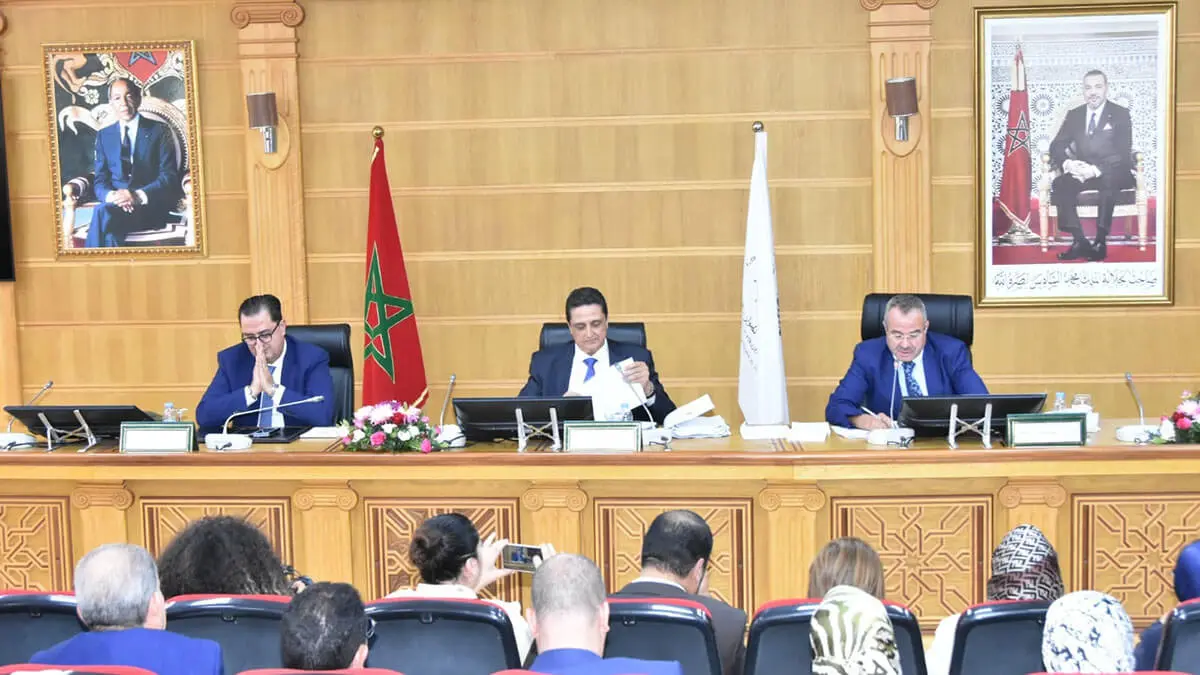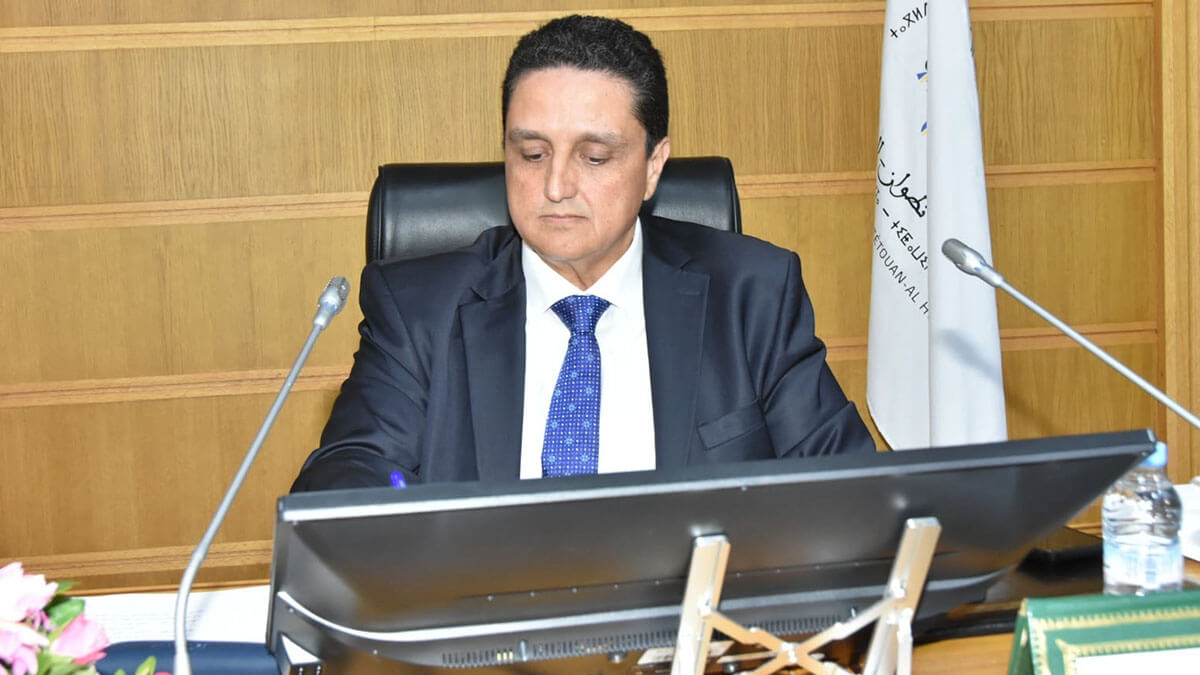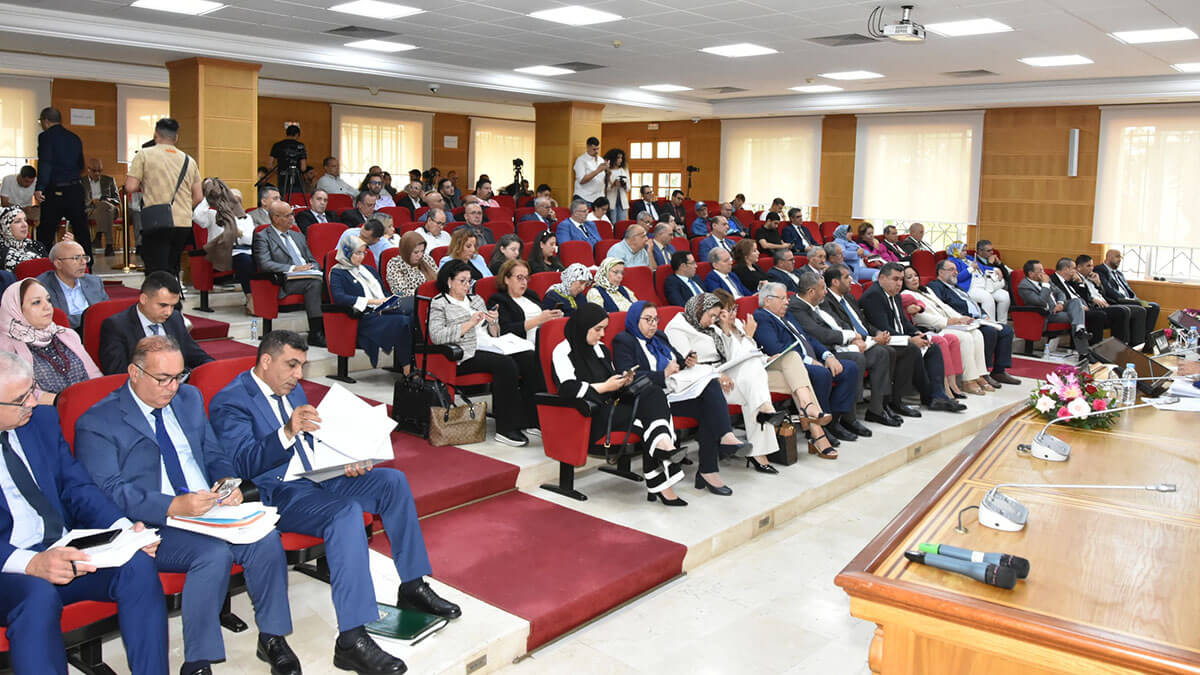The Regional Council of Tangier-Tetouan-Al Hoceima approves the highest budgets in its history

In the presence of the wali of the region, Younis Tazi, and the president of the Regional Council of Tangier-Tetouan-Al Hoceima, Omar Moro, the ordinary October session of the Regional Council was held to approve the highest budgets in the history of the organisation, reaching 905 million dirhams. Of the total, 616 million dirhams will be spent on equipment and 288 million dirhams on management costs.
The 49% increase compared to 2023 is the best indicator of the growth rate of the economy of the Tangier-Tetouan-Al Hoceima region. During the speech, the president, Omar Moro, pointed out that, having reached the halfway point of his mandate (3 years out of 6), he is proud to present the evolution of the institution.

He confirmed that this evaluation is part of good management and that it has required learning and correction of programmes that in the long run have served to accelerate the pace of the milestones achieved. In addition, he said that in the next few days a detailed report will be presented with the Council's figures since his arrival at the presidency so that they can be debated by the members of the Council and exposed to public opinion.
Moro also spoke of the importance of the partnerships and agreements voted unanimously, considering that they constitute an essential pillar for promoting development in the various regions of the country.
He praised the effective role of the harmony between the components of the Council in the positive results, despite the problems it has experienced, such as fires, droughts and floods; highlighting the need to continue working with territorial partners to implement economic and social projects that improve living conditions.

In reference to the budgets, Moro emphasised that the own income has increased notably, highlighting the 11% increase in income from port service fees. It should be noted that of the total 905 million, 765 million are provided by the State.
The budget also includes an increase in debt repayment, which is equivalent to 9.3% of revenues. ‘To improve financial efficiency, management expenses have been reduced by 5 % and the cost of litigation has been reduced as part of measures to boost financial governance,’ he said.
In a routine meeting, the CR-TTA discussed important issues on rural development and infrastructure improvement in the area. Projects to bring drinking water to Al-Dawasir were unanimously approved as part of a partnership agreement to finance and complete special projects in the region.
During the meeting, infrastructure improvement projects were also highlighted, such as the preparation of Centres in various territorial communities, such as Moqrisset and Dar Benqreish. These projects are part of the municipal policy 2024-2026 and aim to improve public services and the urban environment.
The session discussed wastewater treatment, and approved the expansion of the treated water reuse network for the Tamoda Bay plant. The purpose of this project is to irrigate the green areas of Tetouan and its surroundings to contribute to the conservation of the environment.
Collaboration agreements have been signed in the field of health and sport to provide support to patients with renal, cardiovascular and oncological problems, as well as to sports clubs in the area. These agreements aim to improve medical care and support sporting activities within the organisation.








